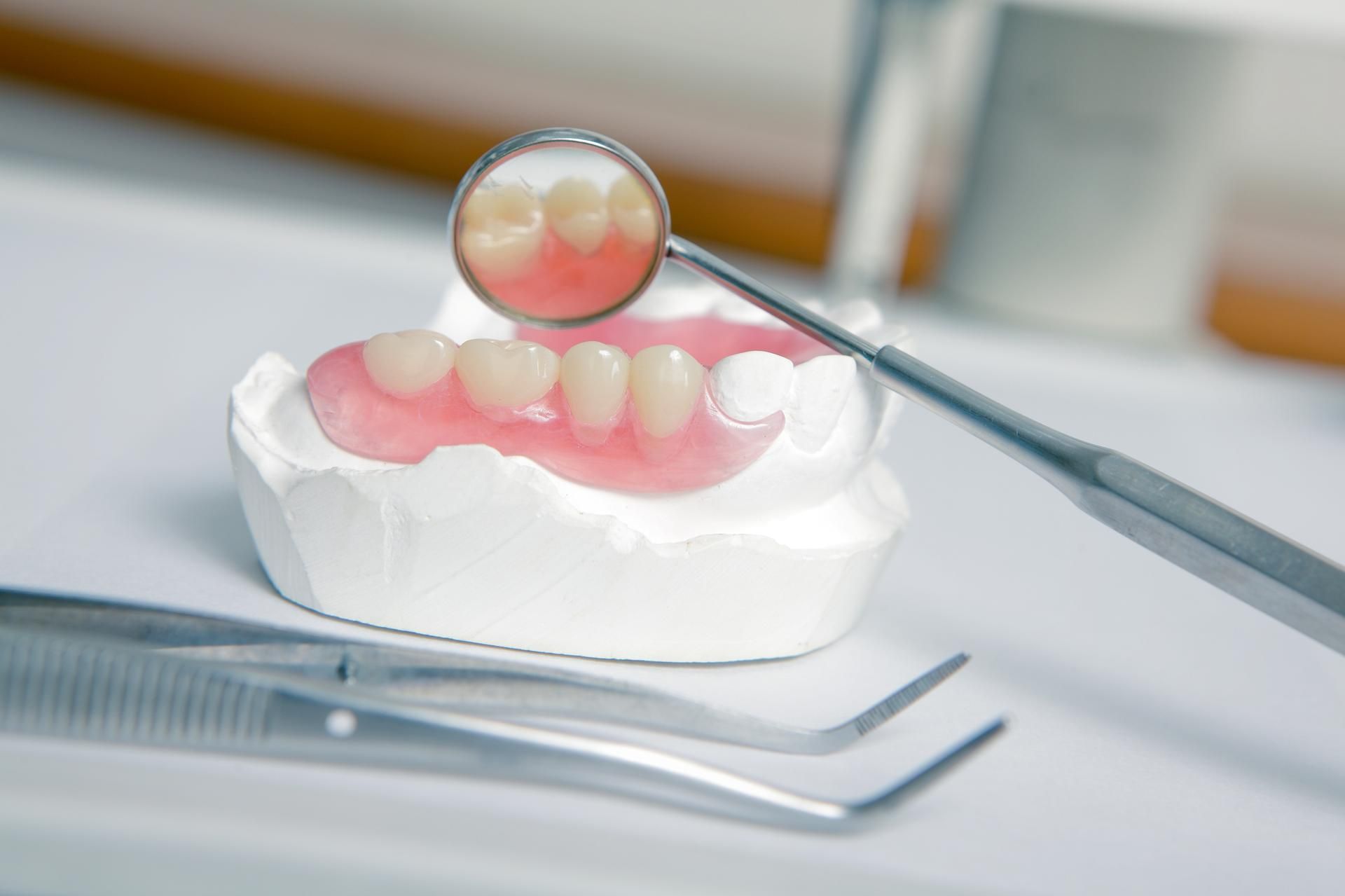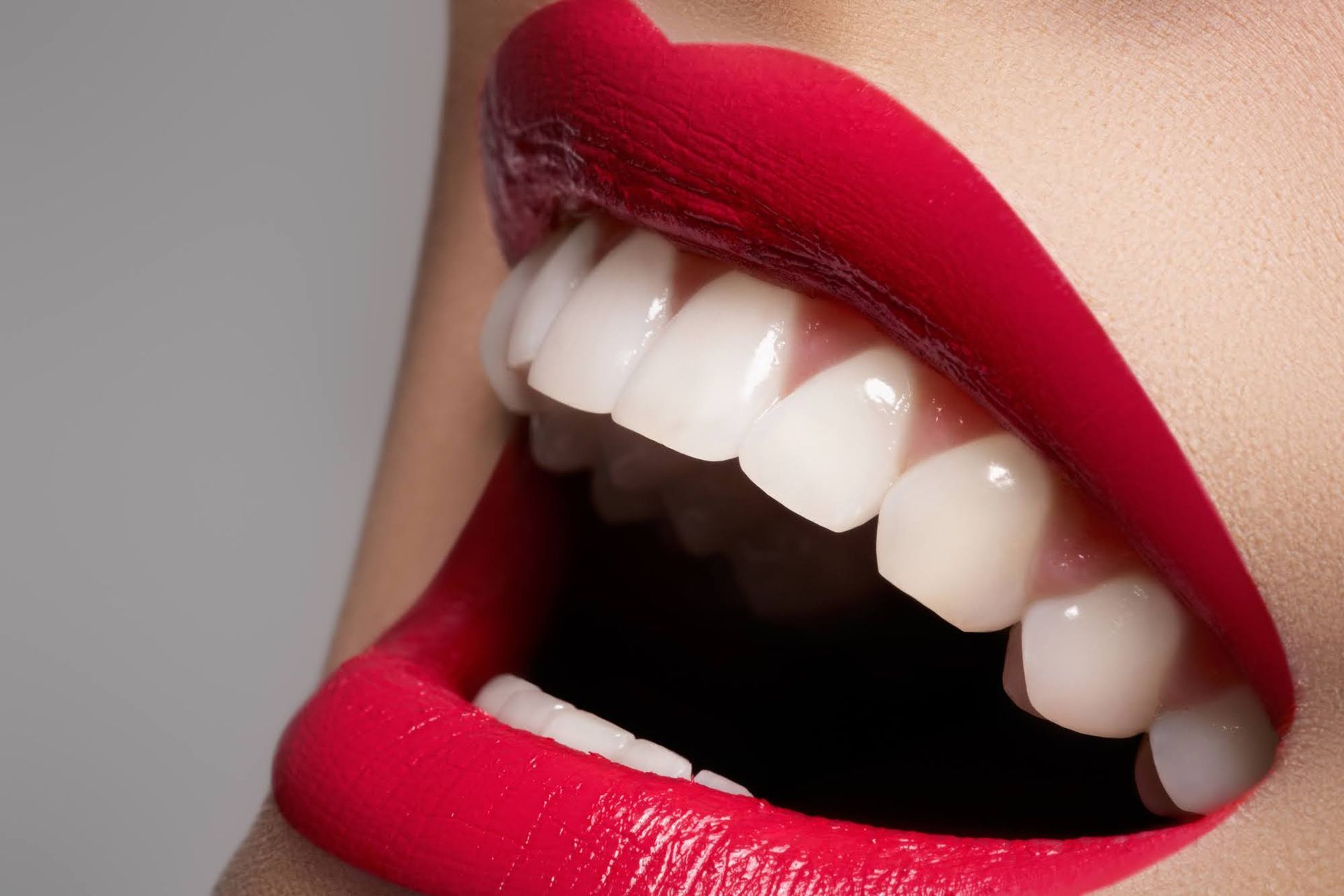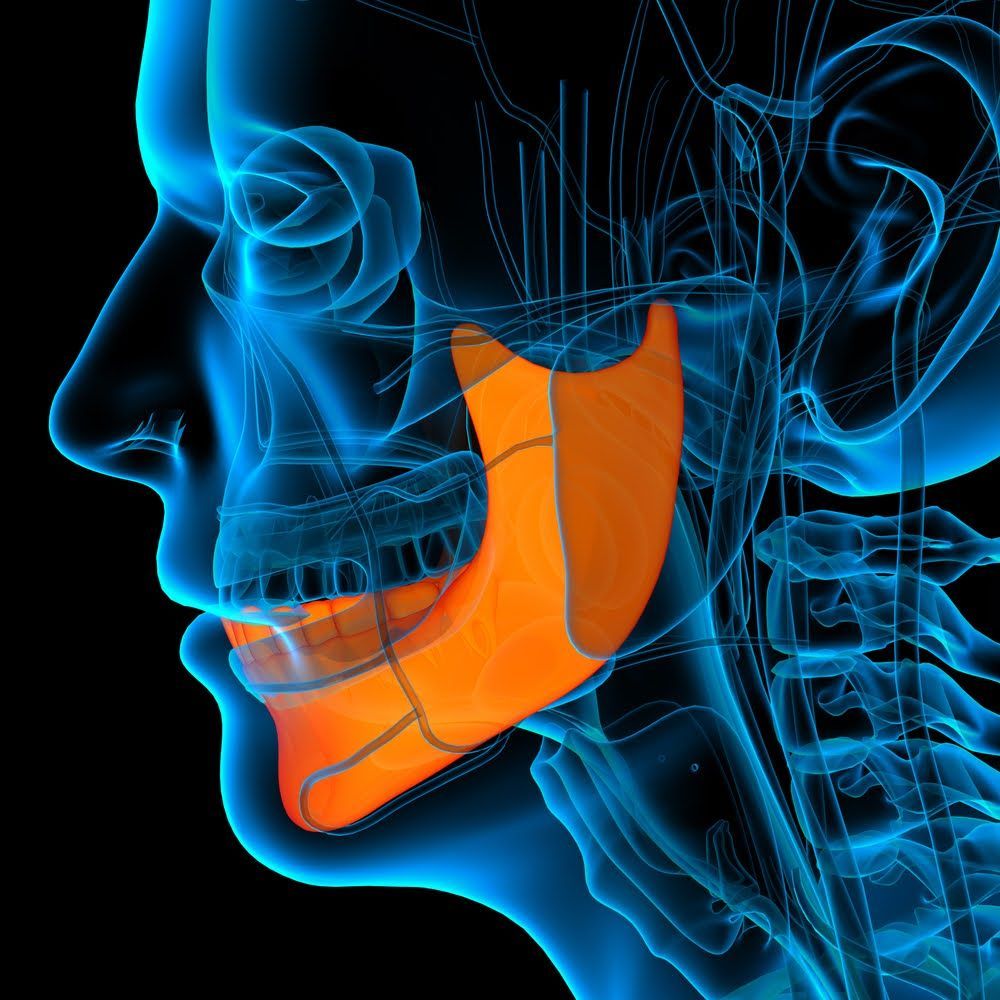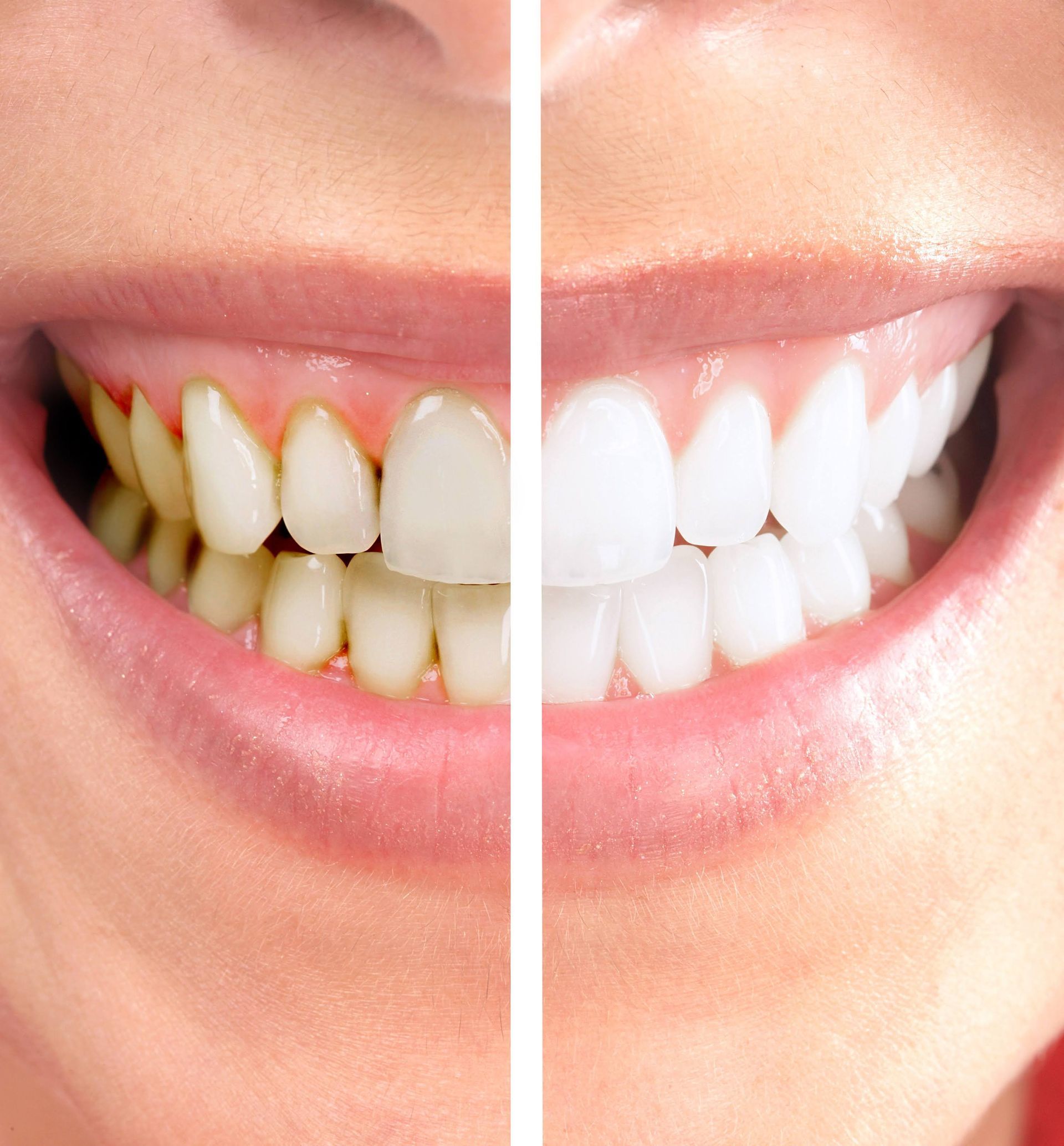Common Questions About Dental Decay
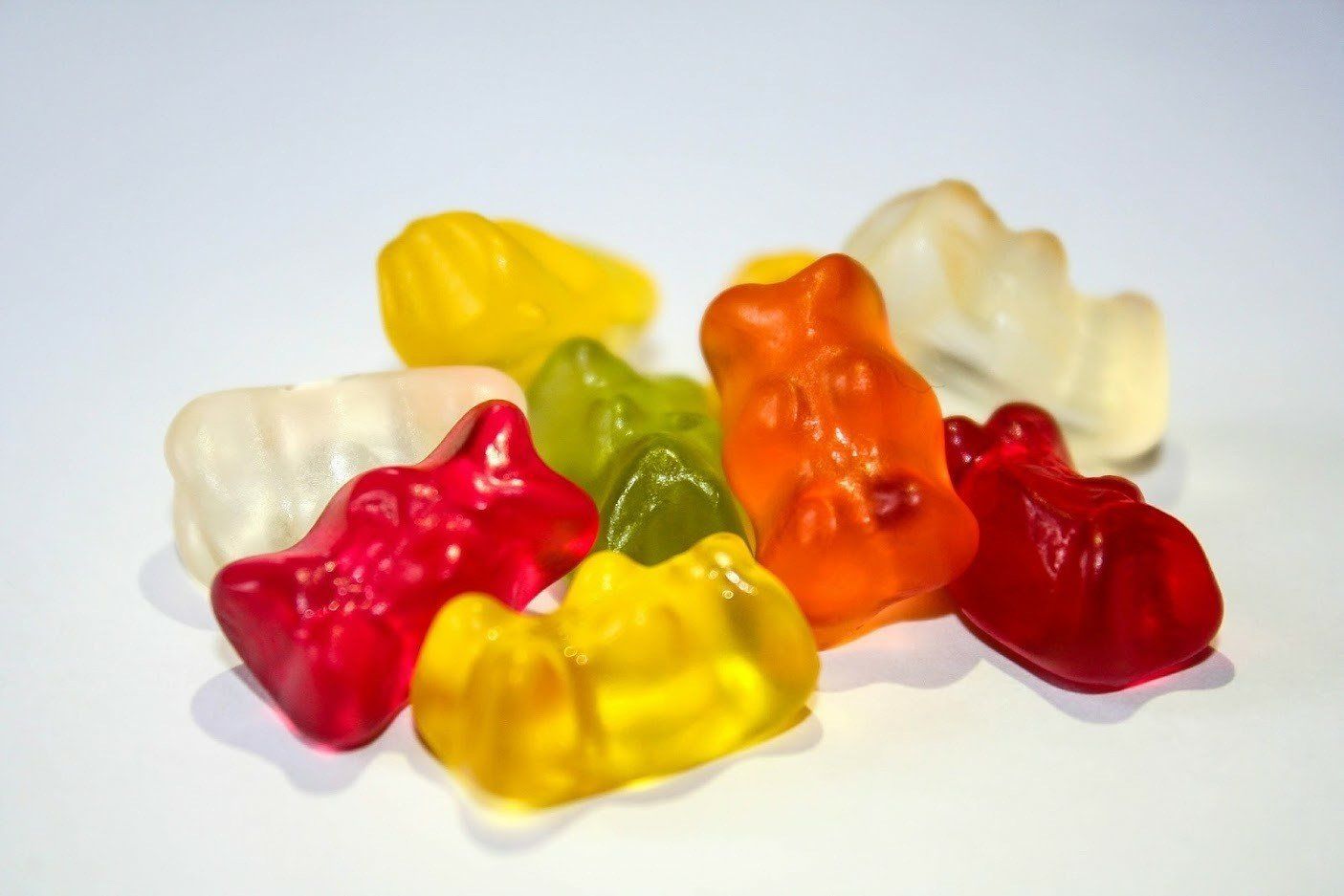
What foods can cause dental decay? You already know the top culprits - such as sugar-packed sodas, hard candy, gummies, cupcakes, and cookies. But what about everything else you eat? Take a look at what you need to know about decay, sneaky cavities causers, and what you can do to prevent and treat dental caries.
What Do Food and Dental Decay Have to Do With Each Other?
How does what you eat (or drink) impact your teeth? It's likely you already know sugar is bad for your them. To understand the effect foods and beverages have on your teeth, you may need to learn more about cavity formation and the specific role dietary sugars play in this process. The sugar in candy and other sweet foods/drinks doesn't directly cause dental caries (also known as cavities). Instead, it's what happens during and after you eat and drink that results in dental decay.
Your mouth is filled with bacteria - some of it beneficial, while others are not-so-beneficial. The sugars in foods and beverages feed the bacteria, helping the microscopic organisms to thrive in your mouth. These bacteria produce acids as they digest the sugars in your mouth, leading to the formation of sticky plaque. The acid byproducts wear down the outer enamel coating of your teeth. The resulting erosion creates a demineralized area that can eventually progress from a small cavity into larger one.
Are Candy, Cookies, Soda, and Sweets the Only Cavity-Causers?
Simply stated-no. Even though what you might think of as "sweets" can cause cavities, these aren't the foods that put your teeth at risk. Along with candy, soda, and other similar high-sugar junk foods, some healthy (or healthier) choices can play a part in the cavity formation process.
Along with cookies and cupcakes, other baked goods can lead to cavities. Bread, buns, and rolls are high in carbohydrates. As you chew these carb-filled foods, the saliva in your mouth turns the starches in bread products into sugars. Like other sugars, these also feed cavity-causing bacteria.
Can Fruit Cause Cavities?
Fruits can cause cavities. But these foods can also help you to maintain a healthy smile. Fiber-rich fruits increase the flow of saliva in your mouth. Increased salivation can help to wash away leftover sugars and food debris. This can decrease the risk of cavity formation. Along with this process, saliva contains small amounts of calcium and phosphate. These minerals can help to restore your teeth, keeping them healthy.
Even though some fruits can help your teeth, others can lead to dental decay. Dried fruits often contain added sugars. Coupled with the sticky texture, this can feed the bacteria in your mouth and eventually result in cavity formation. Like dried fruits, fruit juices often contain added sugar. To reduce the risks, choose either no-sugar or low-sugar juices or drink fluoridated water.
Is Sugar the Only Culprit Behind Cavities?
Again, sugar itself doesn't cause cavities. It's the reaction the sweets set off that can lead to dental decay. Acids that come directly from some foods and beverages can also wear away or erode dental enamel.
Highly acidic foods such as oranges, lemons, and grapefruit can put your teeth at risk. But this doesn't mean you should completely skip these fruits or juices made from them. Instead, eat acidic fruits in moderation and make sure to brush your teeth or rinse well after a citrus fruit-filled snack.
What Can You Do about a Cavity?
Whether you didn't realize the foods you regularly eat contain cavity-causing sugar, you haven't kept up with oral care, or you have dental decay for another reason, you can correct this issue. Sensitivity or pain requires a trip to the dentist's office. The dentist will examine your teeth and possibly take X-rays. If they do find a cavity, the dentist will discuss restorations (such as fillings) to correct the problem. Delaying a visit to the dentist will only lead to larger cavities, and a greater chance of having more extensive restorations done.
Do you need a filling or checkup? Contact Koehn Dentistry & Aesthetics for more information.





